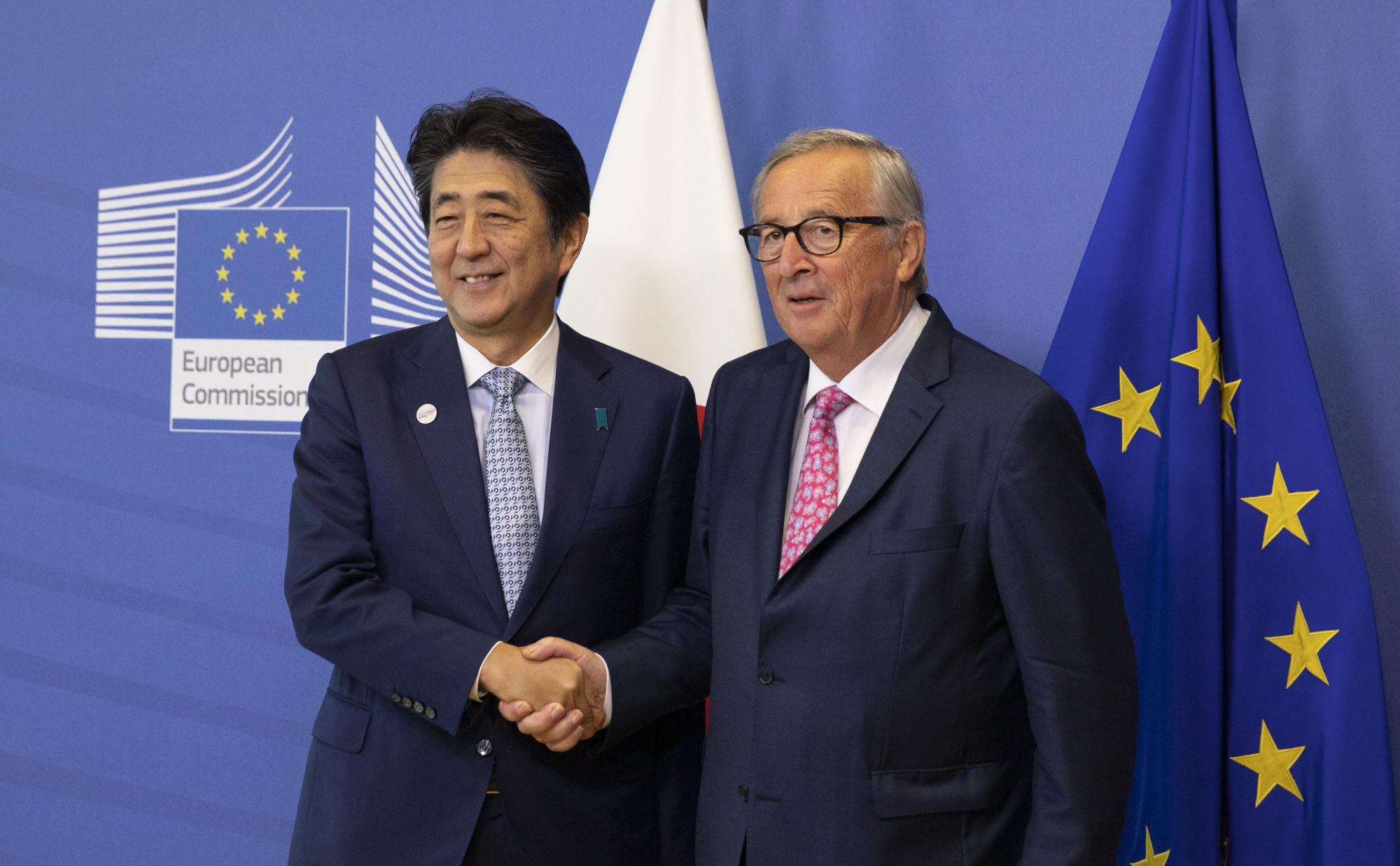From the Korean Peninsula to Africa, from the United States to Europe, Japanese diplomacy faces challenges and expectations that require a long-term vision of strategic issues. This is what Prime Minister Shinzo Abe's new Cabinet started to tackle with a series of high profile discussions and visits.
On the Korean Peninsula, while North Korea resumed its missile launches during the summer, South Korea paradoxically chose a strategy of tension that seems to have few limits as demonstrated in recent discussions. Despite regional tensions, Seoul has chosen to terminate — against its own interests — the defense intelligence-sharing agreement it signed with Tokyo in 2016.
Of course, the historical question raised last year by South Korea's Supreme Court concerning Korean workers mobilized for wartime labor in Japanese companies during the colonial era, is not totally unfounded.


















With your current subscription plan you can comment on stories. However, before writing your first comment, please create a display name in the Profile section of your subscriber account page.